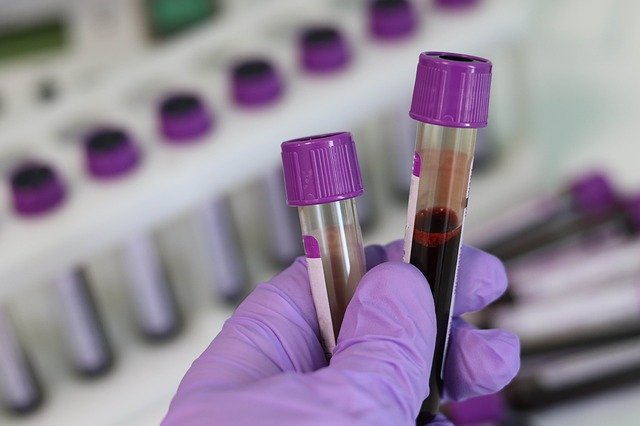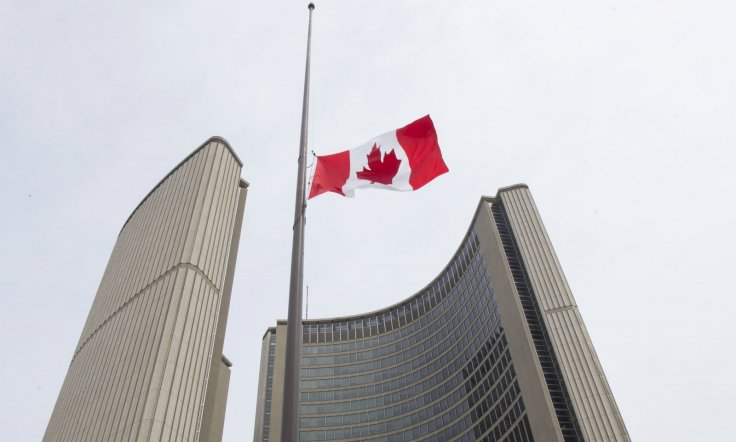While the countries like China, US, Italy and Iran, are trying to combat the Novel Coronavirus outbreak, researchers in Canada are developing a "lab-in-a-box" that could make it cheaper and faster to diagnose cases of the COVID-19. Canadian scientists claimed that this new approach will be helpful for suspected patients in remote areas in the world.
As per the federal government, this new project has received one million dollars from the International Development Research Centre as part of the $27 million in Coronavirus research.
'Lab-in-a-box'
It should be mentioned that the technology behind "lab-in-a-box" was developed by an assistant professor of pharmacy at the University of Toronto, Keith Pardee. This initiative was taken to make it possible for people in remote areas to test for the deadly Novel Coronavirus as quickly as possible. Another associate professor of engineering at the university, Xinyu Liu is also working for this new technology to make the test portable.
The ultimate goal behind this initiative is to create a test which would fit into a container about twice the size of a standard moving box that will have the diagnostics and hardware to perform at least 14,000 COVID-19 tests. Prof Pardee said that "What we are trying to do is make that functional clinical capacity available more globally."

Novel Coronavirus epidemic
It should be mentioned that as per the World Health Organization (WHO), the new Coronavirus can spread in countries while hiding inside a patient's body and healthcare officials would not be able to detect the virus. They claimed that if that happens this would facilitate an even larger global outbreak.
In such cases, Prof Pardee believes that the new "Lab-in-a-box" technology would help to solve the issues. This technology is also expected to be used in the home country, Canada, especially the in decentralized places, "like airports and maybe your neighbourhood pharmacy," said Pardee.
Development behind Lab-in-a-box
The University of Toronto professor Pardee first developed this groundbreaking technology when he was doing the post-doctorate in 2014. He and his fellow researchers also made paper sensors for particular diseases. The technology was tested on the Zika virus, in which the fatality rate has been found to be over eight percent with a 95 percent confidence level during a study in Brazil. The scientists have validated the diagnostics inpatient trials with teams in Ecuador and Colombia, along with Brazil.
As per Pardee, the technology is reliable in a lab setting and the money they received for the development purpose will be invested in making the "lab-in-a-box" accessible to people without specific scientific skills. The lab-in-a-box could be used to respond to a future potential epidemic like the Novel Coronavirus with only a few weeks' lead time.
There are four labs which are currently working on different parts of the project that includes teams of viral respirologists in Vietnam and Brazil who will be aiming at those patients who will undergo the test using this new technology.
It should be noted that the $27-million package will support 47 research teams, across Canada to develop, test and implement ways to deal with the epidemic, COVID-19. Recently, Health Minister Patty Hajdu said that "This is about making sure that Canada is able to participate in this research that is happening globally, that we have Canadian solutions being developed."

Healthcare industry in Canada
It should be mentioned that when it comes to healthcare in Canada, CBC News made an investigative report on popular drug store remedies in the country. Many of those drugs claim to be clinically proven, natural and mentioned to provide effective relief. But when the journalists from CBC conducted research whether these drugs allowed by Health Canada actually works or not they came to know that how easy it is in Canada to get a drug license.
When they created a fake medication for the flu-like disease, the CBC journalist used a few photocopies of some written documents from homoeopathy related books while submitting an application for licensing. Within a few days, the fake flu medication got the license.
But at this time, when the scientists are battling to develop a vaccine or drug for COVID-19, if such incidents happen, as for example- if anyone wants to sell any drug with a claim to treat Novel Coronavirus, that would be extremely dangerous.
Recently, Japan faced criticism for using a drug called Avigan, developed by Fujifilm Holdings which claimed to treat the new Coronavirus. This drug was approved in Japan in 2014 as a backup medication in case of a new kind of influenza emerged. Avigan was never used to treat regular flu as early studies on animals revealed that the drug could be responsible for fetal damage or death if pregnant women take the medication.









